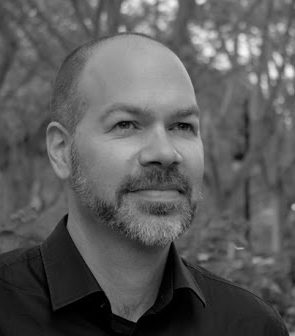Materialist Discourse Analysis as Social Critique: Combining Critical Theory with Discourse Studies.
In the Marxist tradition, materialism is a theory of materiality or matter as well as the relation between the material and symbolic worlds. Materialism in the Marxist tradition is fundamentally anchored in historical and dialectical thinking. An awareness of the embeddedness of the work of the intellectual and historical social worlds leads intellectual enquiry to take a conscious stance towards social change. Historical and dialectical materialism is therefore engrained in the concept of social critique, which is understood as a practice of fundamental social change. However, narrow deterministic perceptions of materialism, doubts concerning the normative scope of social critique, and the struggle regarding the definition of matter, especially since the linguistic turn in the social sciences and humanities in the 1970s, present serious objections to classic Marxist materialism. In particular, the last critique requires a close examination of Discourse Studies because it also developed from a critique of traditional Marxism that originated from the Marxist tradition itself.
In this chapter, I combine materialism and empirical research to develop a general critique of the processes of social reproduction. Here, discourse theory and discourse analysis come into play. Considering the “discursive production of realities”, it seems reasonable to suppose that discourse analysis can be used to understand the processes of social reproduction. Although discourse analysts often conceive of their work as critical, there is little theoretical discussion regarding the possibility of a normative critique in the scientific community of discourse analysis. Rarely are the normative grounds and normative scope of such a critique clear. Often, one’s own critical perspective is nothing more than an external positing.
The main aim of this chapter is to show how materialism can be used to develop a normative social critique and how discourse analysis can provide useful tools for that predominantly practical task. This approach can help critical theory to overcome its sociological deficit and can provide discourse analysis with specific research questions and a coherent normative foundation for its own position.
To achieve this objective, I first develop the notion of a theoretically informed and normative foundation for a critique in empirical discourse analysis by presenting the logic of immanent critique as found in the tradition of left Hegelianism, especially Marxism and the traditions of the Frankfurt School. These theories agree on the need to empirically ground the normative perspective in pre-scientific practices (a practice-based immanent critique). Thus far, however, all the theories show an empirical deficit that impedes a coherent social analysis.
In a second step, I explain how discourse analysis, as a broad, interdisciplinary field, can be used to combine the analysis of diverse elements to develop a social critique. Discourse analysis can help to extract the normativity that is inherent in language, practices and structured material dispositions, which can be analysed as meaningful, normative elements. Discourse analysis can be used as a social critique by considering the implicit normative claims of diverse practices against the social reality of discursive social reproduction.
Finally, I present the methodological procedure for a discourse analysis as social critique. In eight steps, a procedure is developed between sociological discourse analysis and macro-sociological theory. A comprehensive practical example on the topic of meritocracy will help to clarify the procedure and the relevance of the approach.

